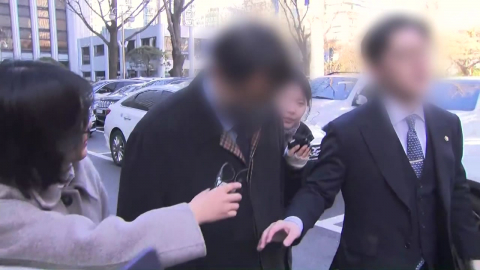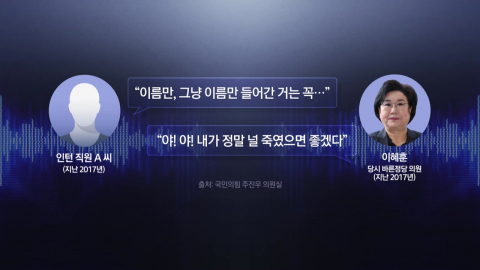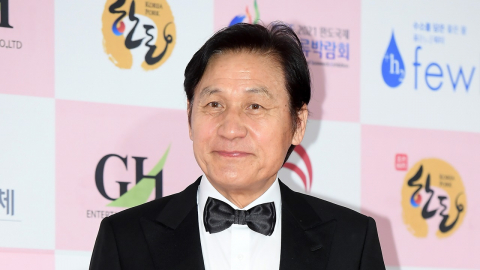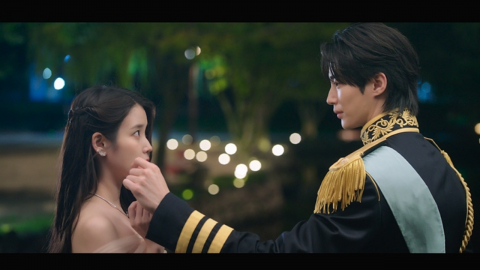-
민주, 강선우 전격 제명…김병기 징계심판 요청재생
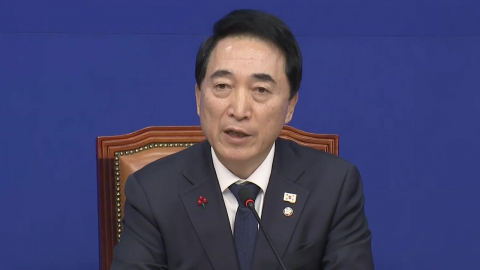
- 쿠팡 로저스 "정보유출 용의자, 퇴사 앙심 품고 보복"
- 쿠팡 겨냥한 금감원장 "대형 유통플랫폼, 금융기관 준해서 감독"
- 주병기 공정위원장 "필요하면 쿠팡 영업정지 가능" 재확인
-
새해부터 빨라지는 ’법원의 시간’…보름 뒤 첫 선고재생

-
특검 수사가 종료되며 새해부턴 법정으로 시선이 쏠립니다. 윤석열·김건희 부부 재판은 모두 11건에 달하는데, 보름 뒤 첫 선고가 나오는 사건도 있습니다. 우종훈 기자의 보도입니다. [기자] 윤석열·김건희 부부를 정점으로 하는 특검 수사는 끝났고 이제는 법원의 시간입니다. 특검이 윤 전 대통령 부부를 기소한 건 모두 11건입니다. 이 가운데 1심 선고기일이 잡힌 재판도 있습니다. 공수처 체포를 방해하고, 계엄 국무회의에서 국무위원 심의권을 침해한 혐의 등으로 윤 전 대통령은 16일 첫 선고를 앞두고 있습니다. 특검은 윤 전 대통령이 반성은커녕 하급자에게 책임을 떠넘긴다며 결심에서 징역 10년을 구형했습니다. 윤 전 대통령은 혐의를 부인하며 이렇게 말하기도 했습니다. [윤석열 / 전 대통령 (지난달 26일) : 집으로 돌아가겠다는 생각, 거의 안 하고 있습니다. 제 아내도 구속돼 있고, 제가 뭘 집에 가서 뭐하겠습니까.] 아내 김건희 씨는 도이치모터스 주가조작 혐의 등으로 기소돼 28일 법원 판단을 받는데, 특검은 징역 15년을 선고해달라고 요청했습니다. 이외에도 윤 전 대통령 내란 우두머리 혐의 재판은 9일 변론종결을 목표로 잡았고, 영부인 지위를 활용해 명품 목걸이와 금 거북이, 고가의 그림을 받은 혐의로 기소된 김 씨 재판들도 줄줄이 이어질 예정입니다. 내란 혐의를 받는 한덕수 전 국무총리는 21일, 통일교 정치자금 수수 의혹으로 기소된 국민의힘 권성동 의원은 28일 법원 판단을 받습니다. 특검법이 1심 사건 선고 기한을 6개월, 2·3심은 3개월로 규정한 만큼 새해부터 법정의 시계는 빠르게 흘러갈 전망입니다. YTN 우종훈입니다. 영상편집 : 임종문 그래픽 : 임샛별 ※ ’당신의 제보가 뉴스가 됩니다’ [카카오톡] YTN 검색해 채널 추가 [전화] 02-398-8585 [메일] social@ytn.co.kr
실시간 이슈
에디터 추천뉴스
-
재생
 중국 ’적토마’ 맞이 기대감…이 대통령 새해 첫 손님
중국 ’적토마’ 맞이 기대감…이 대통령 새해 첫 손님 -
재생
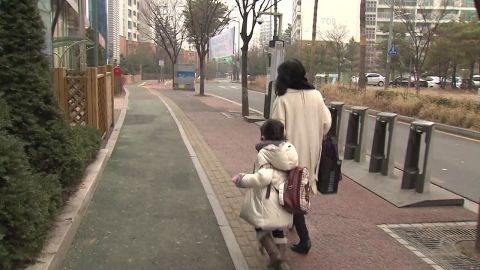 "초등 6학년 이하면 10시 출근"…달라지는 돌봄 정책
"초등 6학년 이하면 10시 출근"…달라지는 돌봄 정책 -
재생
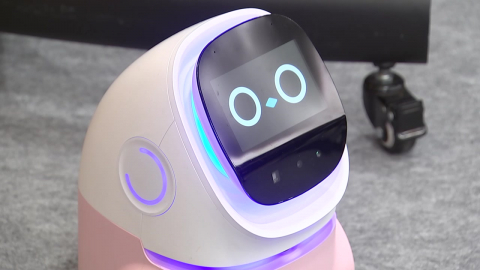 안전관리부터 교육까지…돌봄 돕는 AI 로봇
안전관리부터 교육까지…돌봄 돕는 AI 로봇 -
재생
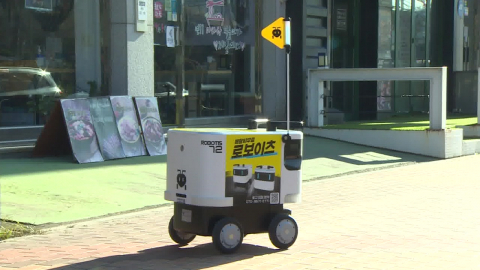 캠퍼스 누비는 배달 로봇…안산 '로봇시티' 본격화
캠퍼스 누비는 배달 로봇…안산 '로봇시티' 본격화 -
재생
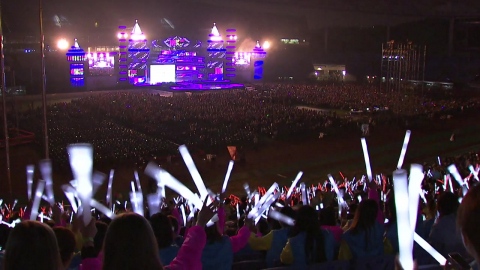 문화예술계 3대 이슈는?…K컬처·기초예술·생활형 정책
문화예술계 3대 이슈는?…K컬처·기초예술·생활형 정책 -
서울 관악구 공원서 10대 흉기 난동…행인 2명 다쳐
-
재생
 "독성 스모그 피해서"…산으로 가는 인도인들
"독성 스모그 피해서"…산으로 가는 인도인들 -
재생
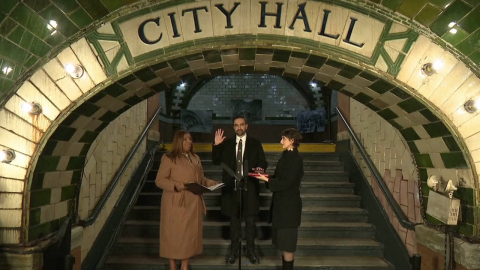 쿠란에 손 얹고 취임한 맘다니…미국 정계 ’돌풍’될까?
쿠란에 손 얹고 취임한 맘다니…미국 정계 ’돌풍’될까? -
 유럽 곳곳서 새해 불꽃놀이 대신 드론 쇼…안전사고도 속출
유럽 곳곳서 새해 불꽃놀이 대신 드론 쇼…안전사고도 속출 -
재생
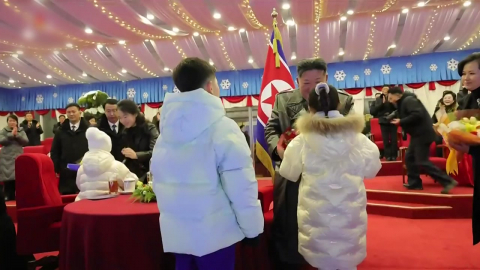 김정은에 ’볼 뽀뽀’한 주애…김여정 자녀도 노출
김정은에 ’볼 뽀뽀’한 주애…김여정 자녀도 노출 -
재생
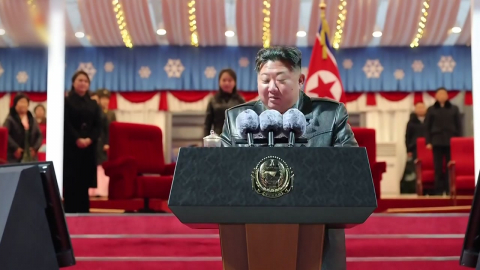 김정은, 대외 메시지 없이 내부결속…당 대회 매진
김정은, 대외 메시지 없이 내부결속…당 대회 매진 -
재생
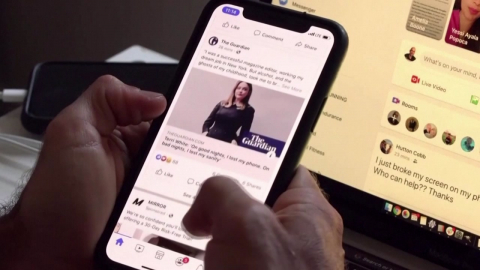 미 국무부 "한국 정통망법에 중대 우려…미 플랫폼 기업에 부정적"
미 국무부 "한국 정통망법에 중대 우려…미 플랫폼 기업에 부정적"
많이 본 뉴스
- 1 민주, 강선우 전격 제명...김병기 징계심판 요청
- 2 "초등 6학년 이하면 10시 출근"...달라지는 돌봄 정책
- 3 이혜훈 폭언 녹취 공개...유승민 ’총리 러브콜’ 인정
- 4 전기차로 바꾸면 100만 원 더...보조금 최대 680만 원
- 5 쿠란에 손 얹고 취임한 맘다니...미국 정계 ’돌풍’될까?
- 6 이혜훈 폭언 녹취 공개...유승민 ’총리 러브콜’ 인정
- 7 이 대통령, 청와대서 신년 인사회...시무식도 개최
- 8 [속보] 더불어민주당, '금품 수수 의혹' 강선우 제명 의결
- 9 연인 살해 후 고속도로에 유기..."돈 문제로 다투다 범행"
- 10 새해부터 빨라지는 ’법원의 시간’...보름 뒤 첫 선고




